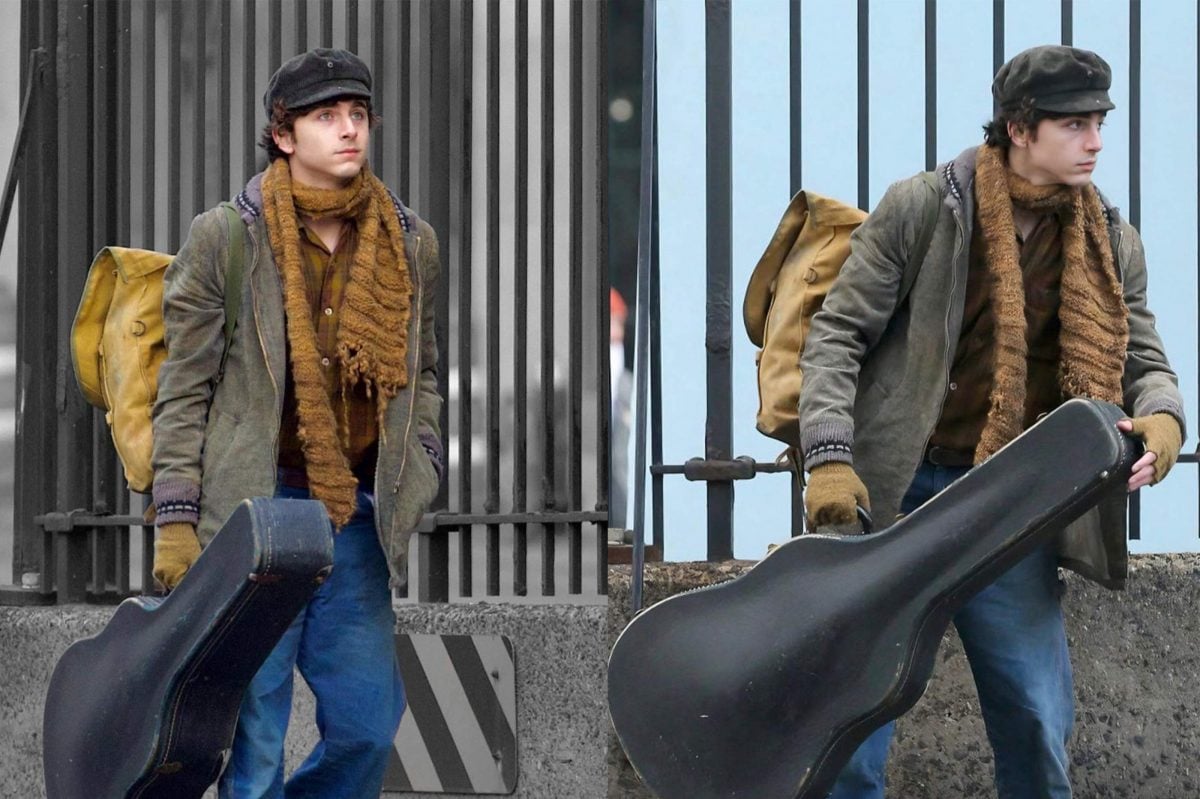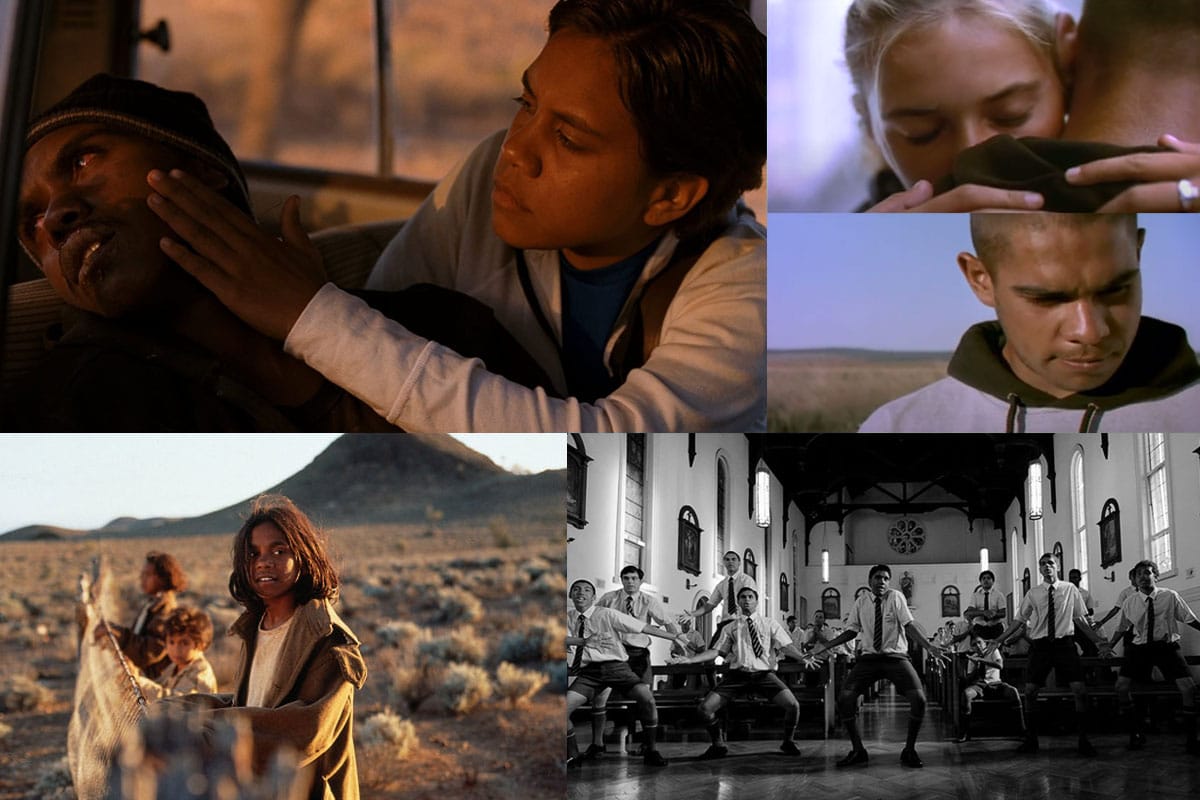
Film is a powerful medium. It's a form of entertainment but it's also a tool for education. It has the ability to help us time travel, see into the future and understand life in someone else's shoes. Films can change public opinion and open conversations.
It is clear that many of us need to educate ourselves further when it comes to the experiences of the marginalised. Now is not the time to sit in the comfort of our own privilege. We need to work, fight and educate ourselves. We've shared the powerful films on race you need to watch, and also epic films celebrating the creativity of black directors. But today we're looking to films from the Indigenous Australian perspective.
Aboriginal and Torres Strait Islanders are the oldest living civilisations in the world. With 60,000 years of stories to tell, it makes sense to celebrate these stories on our screens - and call for more of them.
If you're looking for a place to start, here's your essential viewing: five Indigenous Australian films you need to watch.
Beneath Clouds (2002)
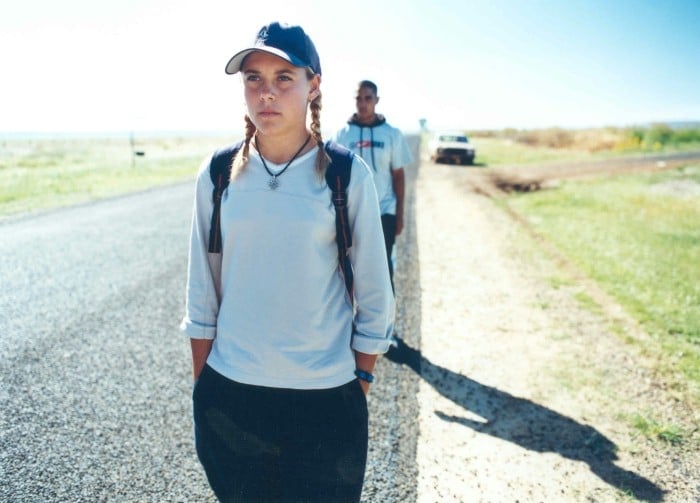
A remarkable film that's told with barely any dialogue. And yet, even without words, the stories of the two main characters are so clear. Lena's father is Irish and mother is Indigenous. She is blonde, fair and in denial of her Aboriginal heritage. Vaughn on the other hand is mistrustful of white people. He's angry and has just escaped from a local-security juvenile facility to try and visit his terminally ill mum. Lena, on the search for her white father, teams up with Vaughn on the road to Sydney.
Director Ivan Sen explored the meaning of identity, racism and resentment in his film. It's a cinematically beautiful film that features many wide, sweeping shots of the Australian landscape. Elegant and minimal, it proves that less really is more when telling a compelling story.
Samson & Delilah (2010)
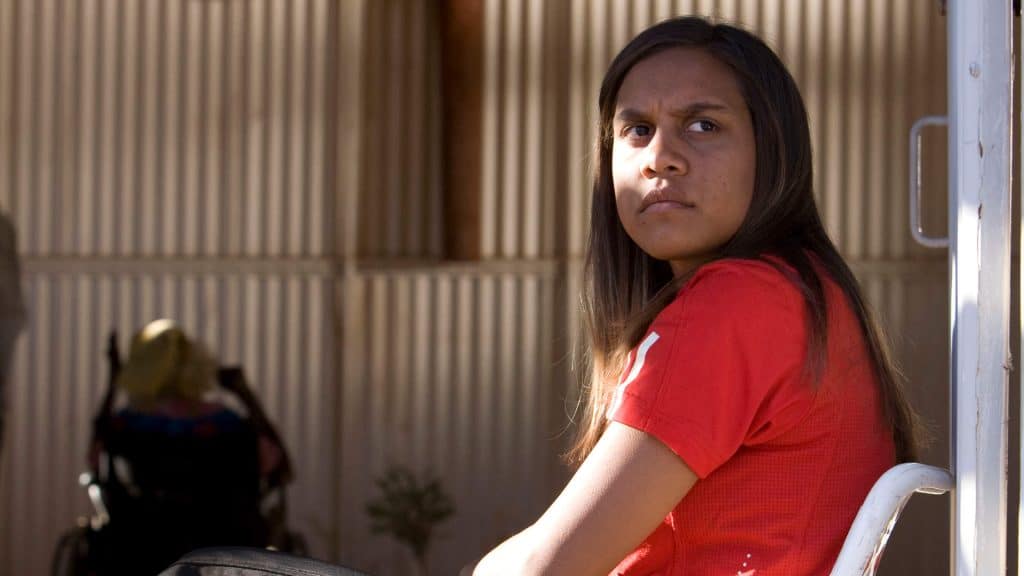
Warwick Thornton tells the critically-acclaimed tale of 14 year olds near Alice Springs. Samson is near mute, living in a rundown shelter. Delilah is smart and caring, she lives with her artist grandmother. After both children receive beatings, Samson from his brother and Delilah from the older women in the community after the death of her grandmother, the pair take off together in a stolen car. What follows is a story of pain, horror, kindness and redemption.
Not convinced? Just know this film holds a crazy rating of 94% on Rotten Tomatoes. It's one of those films that has the power to change thinking. I know I personally experienced a lot of reflection after my first viewing.
Bran Nue Dae (2009)
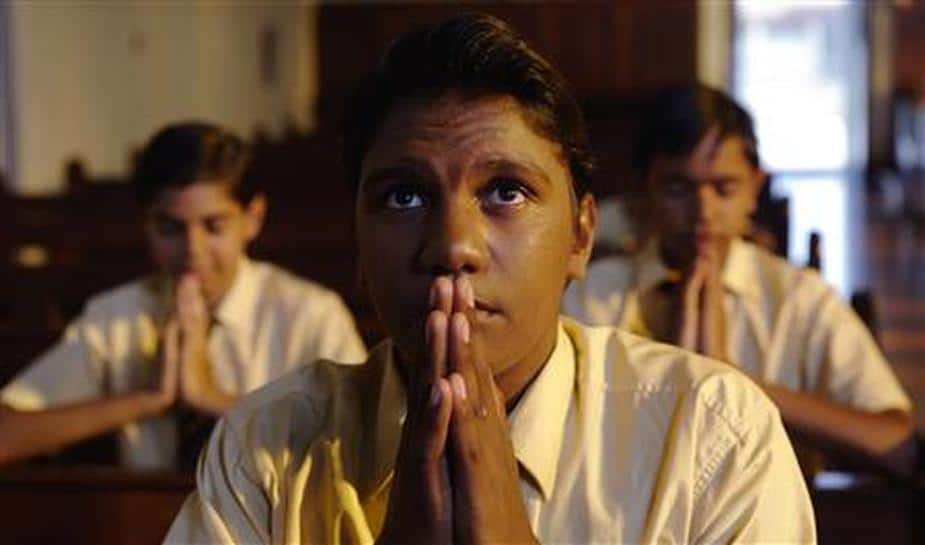
This movie is whole bag of laughs. Director Rachel Perkins does not take herself too seriously in this wholesome and whimsical musical. Willie has been sent to boarding school in Perth, but after stealing food from the kitchen one night, runs away. He's headed back to his home town in Broome. Along the way he meets Uncle Tadpole, played by the hilarious Ernie Dingo, and the pair make their way back to Broome where Willie hopes to impress Rosie - his dream girl. Of course, the pair encounter a series of awkward, funny and heartfelt events along the way.
It's an adaptation of the 1990 stage musical of the same name. This is one of those films that will have you smiling within minutes. It's cheeky, quick-witted and has the power to pull anyone out of a bad mood.
The Tracker (2002)
![]()
Director Rolf de Heer is not Indigenous, and I would normally look to focus on stories told from an Indigenous perspective, but I think this is a really important film. It came in the same year as Ivan Sen's Beneath Clouds and the probably more well-known Rabbit Proof Fence. But this movie is different.
It's set in 1922. An Indigenous man has allegedly murdered a white woman. Three white men set out to capture him and enlist another Indigenous man known only as the Tracker to find him. It's a narrative that highlights colonialism through different lenses. Of the three white men, one is aggressive and merciless, The Fanatic. Another is softer, not overtly a white supremacist, but he is silent and complicit, The Follower. The Veteran, likewise, simply follows orders, rather than showing an independent moral compass. In contrast to the brutal and blunt white characters, the Tracker himself is a lone mystical figure. The Fanatic looks at him as a savage, yet the film shows his knowledge runs deep. He is far more complex than anyone believes him to be.
It's a hard watch in parts but certainly worthwhile. Simple but powerful, it's a film that stays with you. I saw this film in 2006 and I remember it clear as day.
Rabbit Proof Fence (2002)
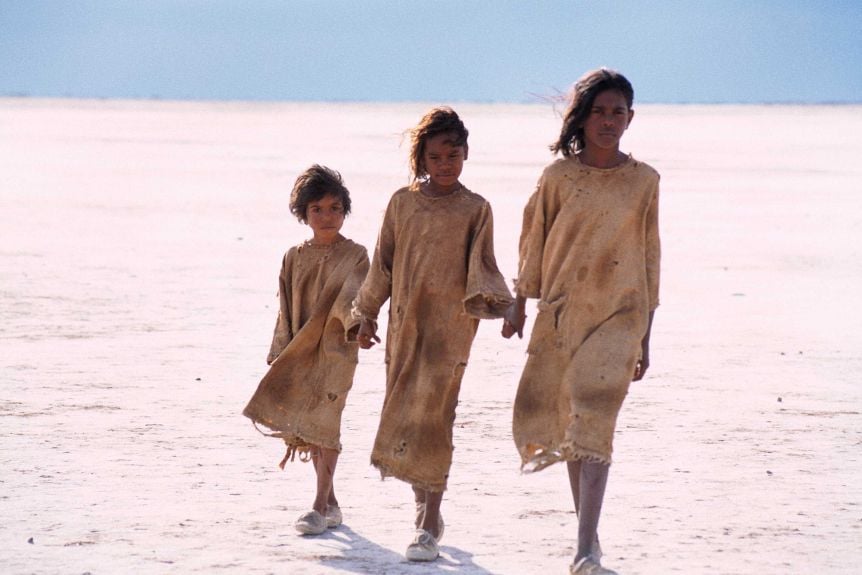
Again, this is not a film from an Indigenous director - it was directed by Phillip Noyce - but I've included it because it's about the Stolen Generations, something that every Australian needs to know a lot more about. For further theatrical resources on the topic, there is a wonderful play called Stolen which I've written about before too. There are also a bunch of great books listed here on GoodReads.
Loosely based on a true story, this tale follows three Aboriginal girls who have been taken from their homes and put in a settlement and forced to assimilate to white culture. The girls escape and make the nine-week trek along the rabbit proof fence in an attempt to get back to their mother.
This film is an important one. It was one of the first mainstream depictions of the Stolen Generations and brought some much needed awareness into the public consciousness. It ruffled the feathers of many right-wing politicians and public figures - a wake up call of sorts. An epic story, told with all the bells and whistles of blockbuster cinema, it has an 88% rating on Rotten Tomatoes for a reason.



